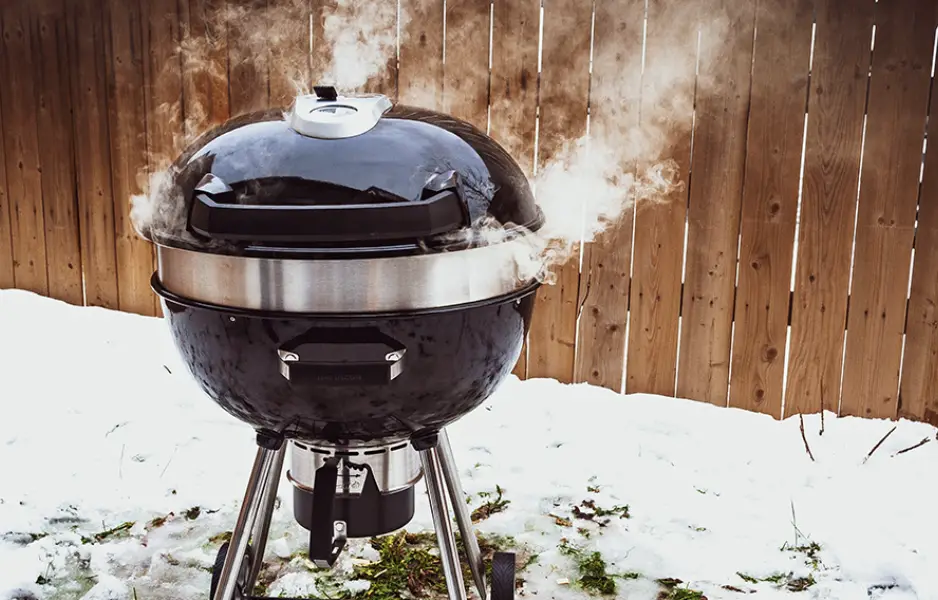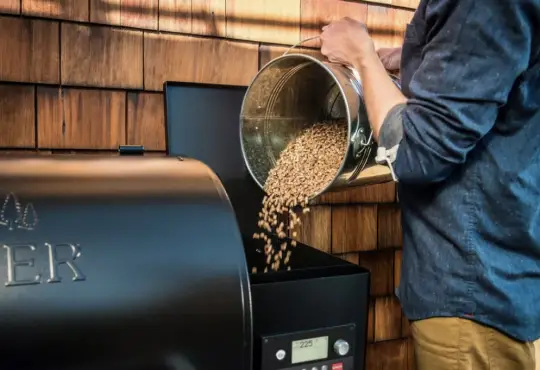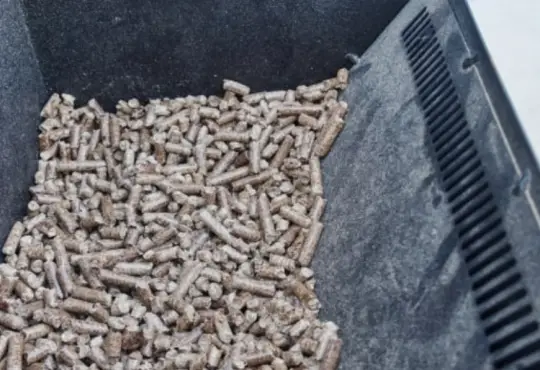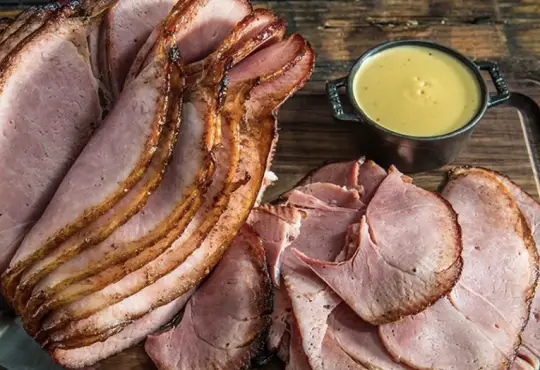
Unraveling the Mystery: Why Is My Charcoal Smoking So Much? Understanding the Causes and Solutions
Charcoal grilling imparts a distinct smoky flavor to your food that’s beloved by grillmasters and barbecue enthusiasts. However, there are times when your charcoal might produce an excessive amount of smoke, leading to questions about the cause and potential solutions. In this blog post, we’ll delve into the factors that contribute to excessive charcoal smoke and provide insights into how you can achieve a balanced and flavorful grilling experience.
Understanding Excessive Charcoal Smoke:
1. Moisture Content: Charcoal briquettes can absorb moisture from the air, especially in humid conditions. Wet charcoal tends to smoke excessively as it heats up, releasing steam and causing more smoke than usual.
2. Poor Airflow: Insufficient airflow within the grill can cause incomplete combustion of charcoal, leading to excessive smoke production. Restricted oxygen supply prevents the charcoal from burning cleanly and efficiently.
3. Unlit Charcoal: If you add unlit charcoal to a lit grill, it can create a situation where the unlit charcoal smolders and produces more smoke. This happens because the unlit charcoal doesn’t have enough oxygen to ignite fully.
4. Lighter Fluid Residue: Using excessive lighter fluid or not allowing it to burn off completely before adding food can contribute to excessive smoke. Lighter fluid residue can produce acrid smoke that imparts an unpleasant taste to your food.
5. Fatty Drips: When fatty meats are cooked over charcoal, the fat drippings can cause flare-ups, creating more smoke. While some smoke is desirable for flavor, excessive flare-ups can result in too much smoke.
Solutions to Manage Excessive Charcoal Smoke:
1. Dry Charcoal: Store your charcoal in a dry place to prevent moisture absorption. If you suspect your charcoal is damp, you can try placing it in direct sunlight for a few hours to dry it out.
2. Proper Airflow: Ensure that your grill has proper airflow by adjusting the vents. Open the bottom vents to allow air to flow into the grill and regulate the temperature.
3. Preheating and Chimney Starter: Use a chimney starter to preheat your charcoal before adding it to the grill. This ensures that the charcoal ignites evenly and reduces the risk of excessive smoke.
4. Limit Lighter Fluid: Use a minimal amount of lighter fluid when lighting your charcoal, and allow it to burn off completely before adding food. Opt for natural fire starters as an alternative.
5. Manage Fatty Drips: If you’re grilling fatty meats, consider using a drip pan to catch the drippings and reduce the risk of flare-ups.
Conclusion: Excessive charcoal smoke can affect both the taste of your food and your overall grilling experience. By understanding the causes behind excessive smoke and implementing the suggested solutions, you can achieve a well-balanced and flavorful grilling session. Remember that achieving the perfect smoke level requires practice and attention to detail. With proper charcoal preparation, airflow management, and mindful cooking techniques, you’ll be able to enjoy the authentic smoky flavors you love without overwhelming your culinary creations.






